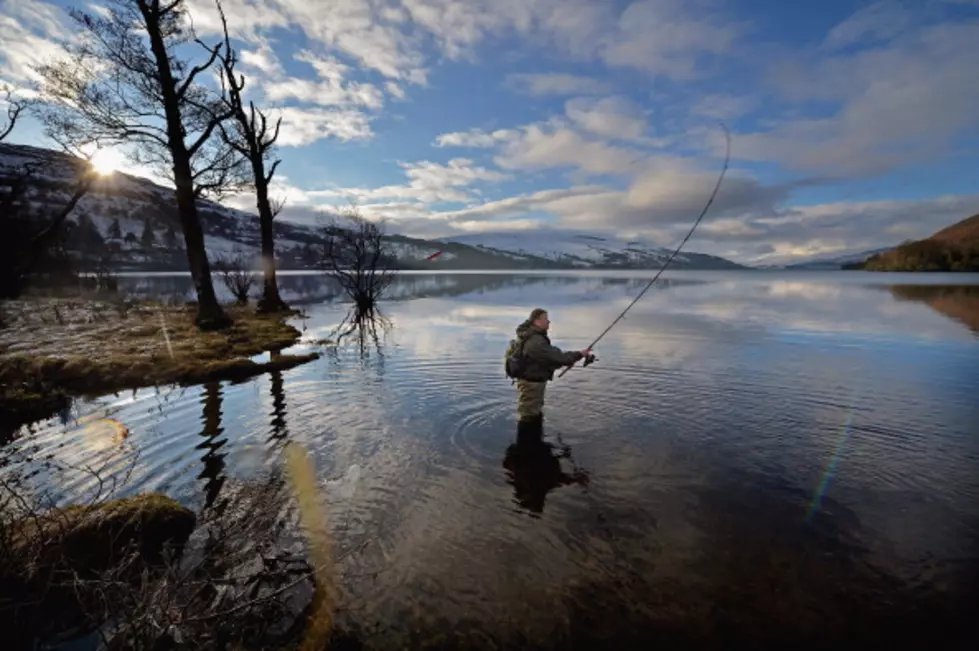
Study – A Massive Shift in Montana Tourism from 2019 to 2020
The University of Montana’s Institute for Tourism and Recreation Research has compared the exceptional year for tourism in Montana in 2019 to what has occurred in 2020 after the COVID 19 pandemic shut down most travel and tourism.
Associate Director Jeremy Sage provides the startling comparison.
We were up five and a half percent over the previous year so 2019 over 2018 numbers had about $3.77 billion being spent by tourists coming to Montana, with about 12 point 6 million tourists and non residents visiting in 2019.
“We know last year was a really good year,” said Sage. “We were up five and a half percent over the previous year so 2019 over 2018 numbers had about $3.77 billion being spent by tourists coming to Montana, with about 12 point 6 million tourists and non residents visiting in 2019.”
In March and April, Sage said tourism and travel largely came to a standstill and the numbers reflected that fact.
“We see this not only on Montana’s main streets but also in our parks, which are two of our biggest draws to the state,” he said. “Seeing that in June alone Glacier (National Park) was down 62% over 2019 and Yellowstone was down 32% over 2019, that’s not quite as bad as Glacier was but still did substantial damage.”
Sage said the biggest victims were hotels and motels throughout the state.
“There were a lot of accommodation owners especially that we're still seeing cancellations and fewer reservations compared to previous years,” he said. “A large proportion of our accommodation owner responses that we talked to were saying that in August they're seeing about a 50 to 52% decrease in reservations compared to August of last year and then looking into September that number was down into the autumn and winter as well.”
One of the contributing factors to the loss of revenue to hotels and motels was the difficulty of finding and retaining staff.
“From the information we're hearing, anecdotally, staffing is down,” he said. “There are issues with a lot of places that have relied upon J-1 visas and those international workers that were here this year. So the staffing is there, but the ability to turn rooms over getting the extra cleaning and then letting rooms potentially sit for an extra day, so capacity is an issue as well.”
Campgrounds are an exception to the general decrease in accommodation business. Nationally, there are reported spikes in recreational vehicle sales and rentals. Campground respondents in the ITRR tourism business survey basically agree. Twelve of the 14 campground owners said inquiries are up or have stayed the same.
Read on!
KEEP READING: 50 activities to keep kids busy this summer


